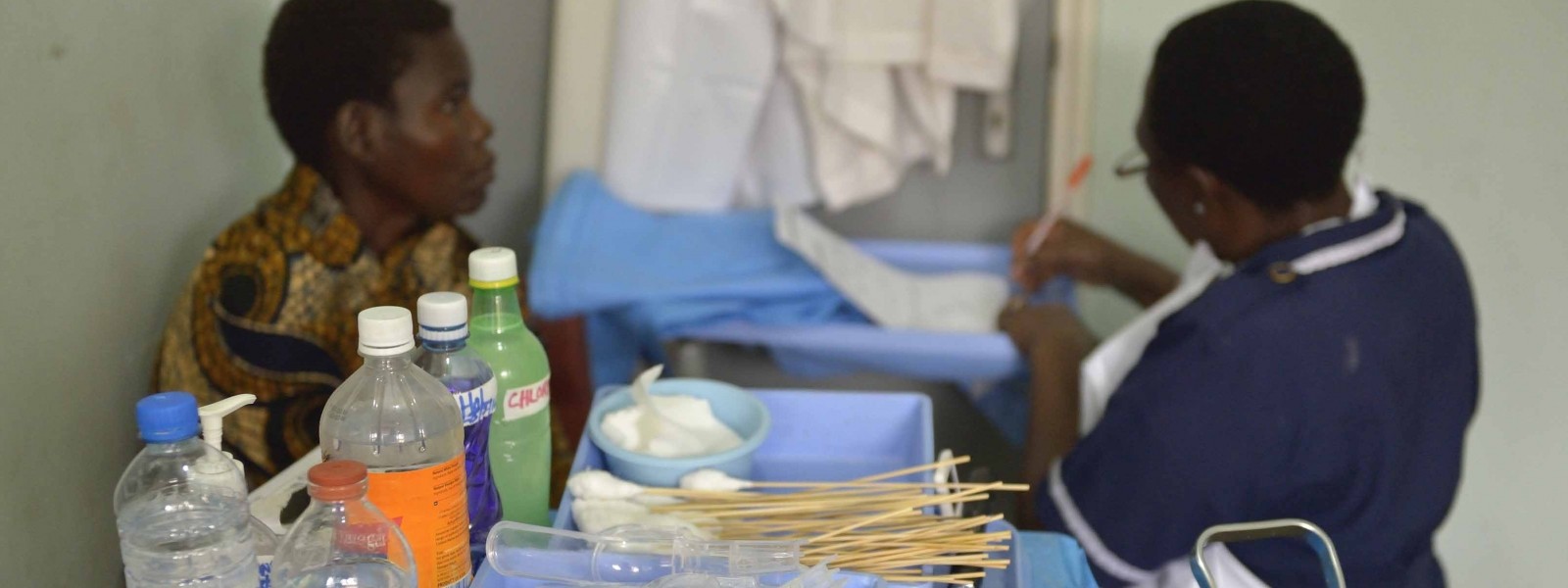Saving lives through treatment and preventative measures
Background
Non-communicable diseases like cancer kill nearly 30 million people in developing countries each year. Developing countries endure nearly three-quarters of deaths from non-communicable diseases, largely because resources like testing and treatment are not available.
With its long history of work in Tanzania, IMA works with rural communities to broaden the reach of testing services, and to help communities secure drugs for treatment that can be hard for a developing country to source. Two highly-treatable forms of cancer are our focus: Burkitt’s Lymphoma and cervical cancer.
Burkitt’s Lymphoma is a childhood cancer most commonly found in areas with high concentrations of malaria, and it affects approximately 700 children in Tanzania each year. Though it is aggressive and advances quickly, BL is highly treatable if diagnosed and treated promptly.
IMA helps increase access to cervical cancer prevention, screening and treatment in high-prevalence areas. Tanzania hosts one of the world’s highest cervical cancer burdens: Nine times higher than in North America.
Our Projects
Cervical Cancer Project
(2011-present)
IMA is increasing access to cervical cancer prevention, screening, and treatment in high-prevalence areas. Tanzania hosts one of the world’s highest cervical cancer burdens: Nine times higher than in North America. IMA trains health care workers in visual inspection with acetic acid screening and cryotherapy treatment, provides screening equipment and supplies, and increases community awareness on the importance of screening and early detection. IMA’s projects have screened more than 40,000 women and provided more than 300 women with same-day treatment.
Childhood Cancer Detection and Treatment
(2001-Present)
IMA helps community and facility health care workers identify and treat BL, a common childhood cancer. IMA trains health care workers to identify BL and provides chemotherapy for treatment, which are difficult and costly for hospitals to obtain. IMA has treated more than 4,500 children and trained 2,000 health care workers in case management.
Learn more


